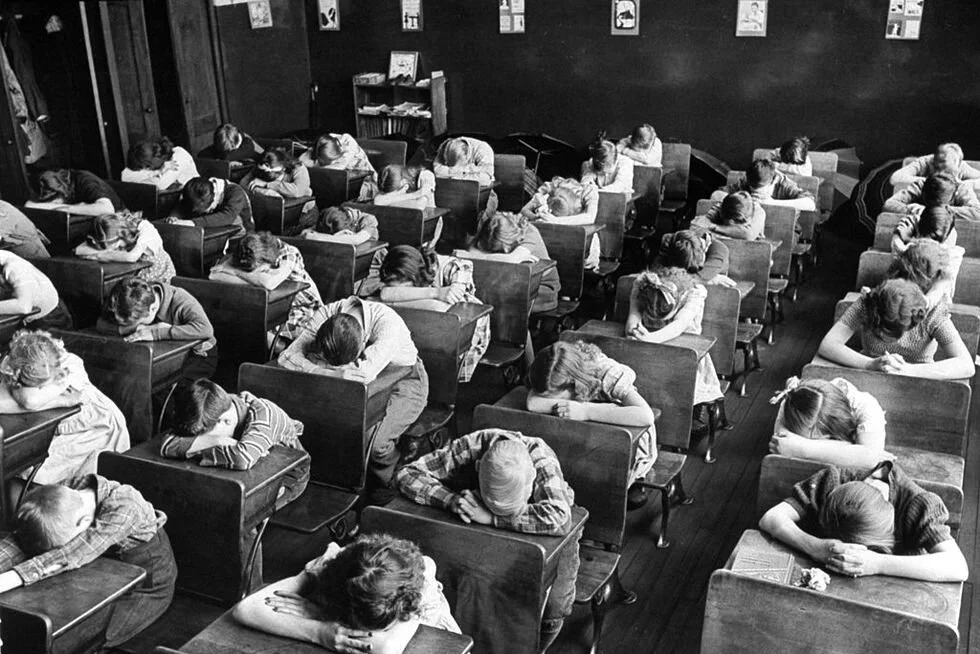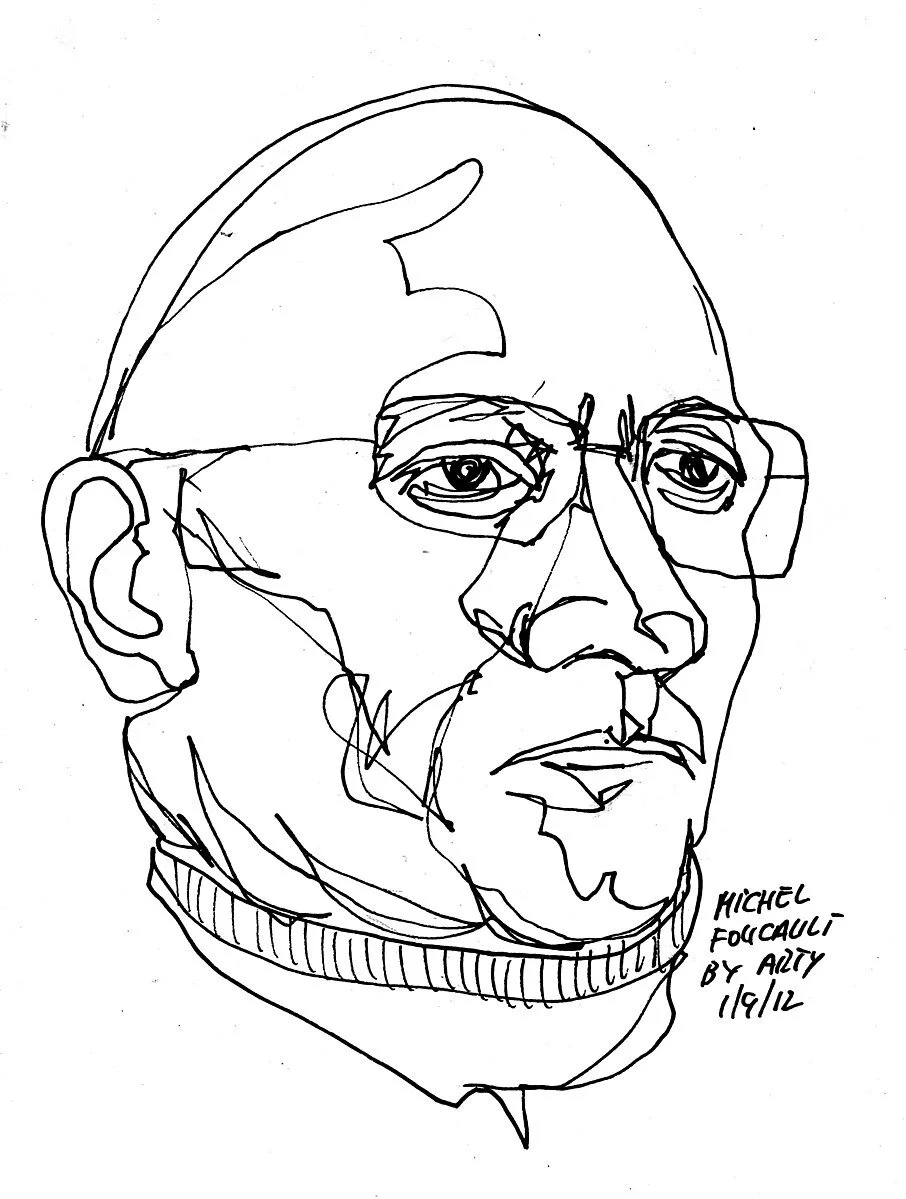On cultural homework and Mandy
Culture as homework, Mandy
I haven’t explained what this project is, have I? Not that its inception is particularly interesting. I wanted to practise writing criticism after attending Helen Lewis’ online masterclass. My problem with writing short-form is that I end up ruminating for too long, and never set my work free. I decided that, for one month, I was going to try to write a piece of criticism every day (I’ve failed on that score). I allocate 25 minutes to the writing, then launch the piece into the world, whatever state it’s in. The aim was never to write anything polished, just to release muscles that novel-writing have left rigid and aching.
It’s been good for me, to write in my own voice and about culture. The problem is - what culture? I don’t want to write about contemporary stuff, because it doesn’t seem fair to make my personal exercise interact with someone else’s real and tangible work when it’s still emerging into the world. And I don’t want to write about the culture that I consume to relax (currently The Thick Of It and The Inbetweeners) because I don’t want to piss off my partner by making notes.
This sense of being stymied, of consuming media purely to write about it, speaks to my wider frustration with culture-as-homework, i.e. there are TV shows you have to watch, books you have to read, podcasts you have to listen to and memes you have to know about in order to qualify as a baseline human being. Fleabag was one such phenomenon, ‘Cat Person’ was another. Anything Sally Rooney writes becomes homework as soon as it’s published. Succession and Schitt’s Creek were homework. I miss The High Low, but there’s a relief that it’s gone; I no longer have my weekly homework assignments.
I read two books in order to have something to write about today, and decided I didn’t want to write about either of them, so I rewatched an episode of Diane Morgan’s Mandy. Episodes of Mandy are only fifteen minutes, meaning that (even though I’ve spent much of my allocated time wittering about cultural homework) I can still spend longer writing about an episode than it took me to watch one.
Mandy is the opposite of cultural homework, in that nobody told me I had to watch it, it’s not really feeding into anything that might be termed a ‘discourse’ and the fact that I’ve watched it does nothing to indicate that I’m a culturally diligent human being. It helps that it’s not really a standard-format TV show, because it’s only fifteen minutes. Remember kids shows? They were only fifteen minutes too. Remember how easy that felt? How there was no duty to ‘persevere, because it gets really good after season two’?
Mandy is basically an irredeemable human being, but she’s played by Diane Morgan, so there was never any chance of her not being funny.
In the episode I watched (I can’t find its name), Mandy has fallen in love. With a sofa. ‘I can’t stop thinking about it,’ she acknowledges to her manicurist and confidante, Shola. ‘Honestly, it’s making me ill.’
The obstacle - and comedy requires an obstacle - is that the sofa is £1,300, and Mandy has £9.18 to her name. One wonders how she pays Shola.
Over the course of fifteen minutes Mandy comes up with ever-escalating get-rich-quick schemes, a stalwart of comedy everywhere. But Mandy takes it to the extreme, largely because she has neither a conscience nor a work ethic. After trying to simply steal the sofa, she decides to find work as a celebrity look alike and dresses up, with Shola’s help, as Lady Di. Shola wipes a tear as she says ‘she really did live her life like a candle in the wind.’ Diane Morgan dressed as Mandy dressed as the Princess of Hearts shouldn’t work. It cannot work.
She looks up through her lashes. Lady Di lives again. It’s genius.
But there’s not much call for Princess Di, so Mandy signs up to be part of a medical trial. She finds herself desperately trying to get herself knocked over by a car to a Smiths soundtrack (no conscience). Driven to despair, our heroine decides to go on a BBC quiz show. Knowing that she can’t win on general knowledge alone, she fakes a #MeToo moment with the show’s host (no conscience) and gets him to rig the competition for her. Mandy gets her ten grand, and her sofa. It doesn’t fit in her apartment. The end.
What did we learn? Nothing, other than the fact that Diane Morgan can hold her mouth in a way that is far funnier than the way any other human can hold their mouth. Do I harass people with insistences that they simply must watch Mandy? Absolutely not.
But I enjoyed it. I enjoyed watching it, and I enjoyed thinking about it, and I enjoyed the feeling that the stakes of thinking about it were low, so I didn’t have to do a good job. Because, like Mandy, I have no work ethic.


